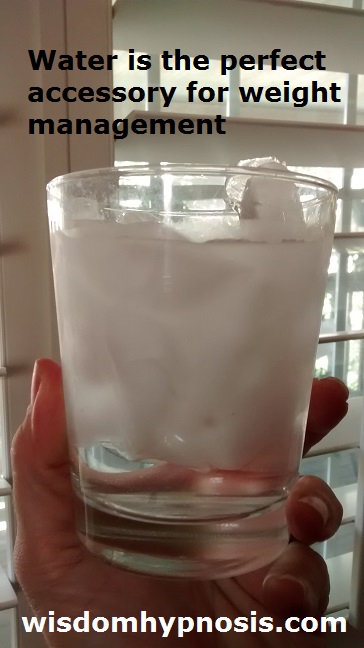“It does not do to leave a live dragon out of your calculations, if you live near one.” – J.R.R. Tolkien

I have clients who see me to reduce their weight. They know what to do and they know what they are doing that prevents them from having the healthy body they desire. Still they can’t seem to find the motivation for the follow through. I will explain to them that just by showing up in my office they have demonstrated a level of motivation that we can build upon. Along with practical and creative ideas that we may brainstorm to assist them with making lifestyle changes that are easy to transition to and maintain.
“Our goals can only be reached through a vehicle of a plan, in which we must fervently believe, and upon which we must vigorously act. There is no other route to success.” – Pablo Picasso
Pablo Picasso was a creative, yet he realized that in order to achieve what he desired, he needed to have a plan and then act upon that plan. The same is true of weight loss. Without a plan, it is easy to give in to temptations.
Build a weight management business plan
Any successful venture requires a plan that describes its mission and specifics on how to achieve it. Without one, you have no idea where you’re starting, where you’re going, or how you’ll get there. Treat your goal as a business objective; If you were trying to accomplish something for a client, you probably wouldn’t start out without a strategy. Time to prioritize your health as you would a business goal. While exercising and cutting calories are vital to dropping those extra pounds, your mental outlook can mean the difference between success and failure.
Create a mission statement. It should be clear and concise so that you can repeat it regularly.
- Begin by listing all the reasons you can think of for slimming down. Define your weight-loss motivation, highlighting any reasons that include other people.
- Rewrite the list, this time omitting the highlighted items.
- Inspect each one for phrases like “have to”, “need” or “must.” These words imply obligation, not desire which means eventually, they’ll also invite the instinct to rebel. Translate each “have to” into a “want to.” If your reasons lose their relevance, pare down the list again.
- Once you’ve determined exactly what you want to achieve and your deadline, work backwards to create a monthly plan of action with realistic and specific goals for losing weight, break that down to weekly and daily changes you will be making. Make change progressive rather than all at once.
Think about how many minutes will you dedicate to research, diet, meditation, and/or exercise? IF you already have a strict schedule, what are you willing to sacrifice to make room for these endeavors? Remember, where you place your time and attention in life demonstrates your priorities.
Having this plan in writing makes it easy to read as a reminder on the days when you struggle and to cheer on when you realize you are more on track than you expected.




